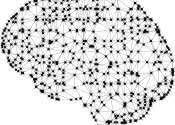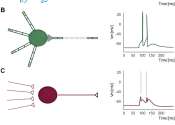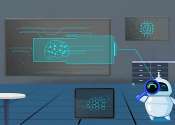Artificial brains may need sleep too
No one can say whether androids will dream of electric sheep, but they will almost certainly need periods of rest that offer benefits similar to those that sleep provides to living brains, according to new research from Los ...
Jun 8, 2020
3
192









